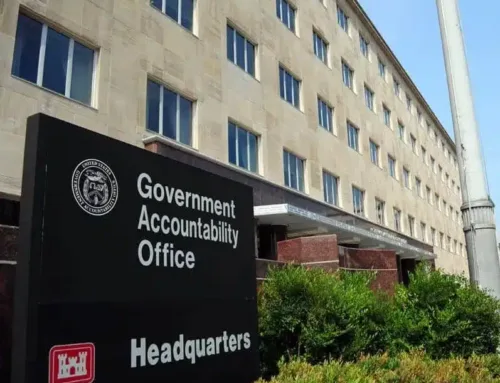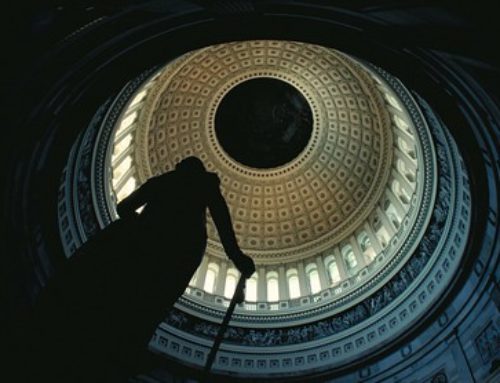With 60 members, the House Appropriations Committee has been one of the largest committees in Congress and one of the most coveted assignments. Come January, the committee with the nation’s checkbook is trimming its membership and still had a hard time finding new blood. We’re hoping that the new blood they found will rock the boat a bit and help the nation into smoother fiscal waters.
In the 111th Congress, the Appropriations Committee had 37 Democrats and 23 Republicans. In the 112th, with their new majority, the Republicans will boast 29 seats and the Democrats will have 21, a reduction in total membership by a sixth. Despite losing 11 of their members due to electoral defeat or retirements, the Democrats are going to have to show five lawmakers the Committee exit, and the Republicans (who had three members leave the panel) will be adding nearly 50% new members.
While the new lawmakers on the Committee won’t be in positions of power – the twelve subcommittee chairmanships are all called for – they will be in the room and an important bloc to be reckoned with. Already one of the new members, Rep. Flake (R-AZ), roiled the waters by requesting that there be a new separate subcommittee to do oversight and investigations into agency spending and initiatives. This idea has much to recommend it, which makes it disheartening that the new Committee Chairman, Rep. Rogers (R-KY), rejected it out of hand.
The full committee has always had a handful of investigators, but a new investigative subcommittee would give them voice and direction. Rep. Rogers argued that having a separate investigative subcommittee would let the other twelve off the hook. That’s ridiculous. Exhibit A is the role played by the separate Oversight and Government Reform Committee that already exists in the House. That committee has jurisdiction over everything and control of nothing. So they can have a hearing about steroids in baseball and crop insurance subsidies. But it also isn’t captive to any industry. In fact, part of the reason this committee had a hearing on waste in the crop insurance program is that the Committee with jurisdiction – Agriculture – wasn’t doing its job. So ramped up scrutiny by the Oversight and Government Reform Committee forced the Ag Committee’s hand.
Regardless of whether there is a new subcommittee or not (how about a Christmas present for taxpayers, Mr. Rogers?) the incoming lawmakers will have their chance to make a mark. There are several freshmen being added to the panel (Representative-elects Yoder (R-KS), Womack (R-AR), and Nunnelee (R-MS)) to go along with lawmakers with longer histories like Reps. Flake, Diaz-Balart (R-FL), and Dent (R-PA). Reps. Austria (R-OH), Lummis (R-WY), and Graves (R-GA) round out the newcomers. While they will be scattered across several subcommittees, if they band together, they can make a difference.
And considering that an earmark moratorium will be in effect for the next Congress, these fresh faces can help devise new spending mechanisms based on merit, competition, or formula that can allocate funding on the basis of project merit rather than political muscle. They will also be called on to do their part and make some of the difficult decisions on cutting spending to help reduce the deficit. Lastly, these new lawmakers should demand that the Appropriations Committee become more transparent and accountable about how spending decisions are made and provide more information to the public. For instance, the Committee often requires Executive branch agencies to report on various projects or programs. Those reports should be made available to the public on the Committee’s web site.
Considering the dearth of earmarks and the tough spending decisions that are going to have to be made, the Appropriations Committee wasn’t the plum assignment it once was. But now more than ever, we need it to function effectively, transparently, and accountably.
###
TCS Quote of the Week:
“You’ve got 15 percent of GDP coming in on revenues and 24 percent going out on spending. You don’t need a PhD in economics to understand that’s not sustainable.”
– Sen. Mark Warner (D-Va) referring to the debt problem. He and Sen. Saxby Chambliss (R-Ga) are trying to find common ground on a serious, long-term plan to address the nation’s deficit. The New York Times







Get Social